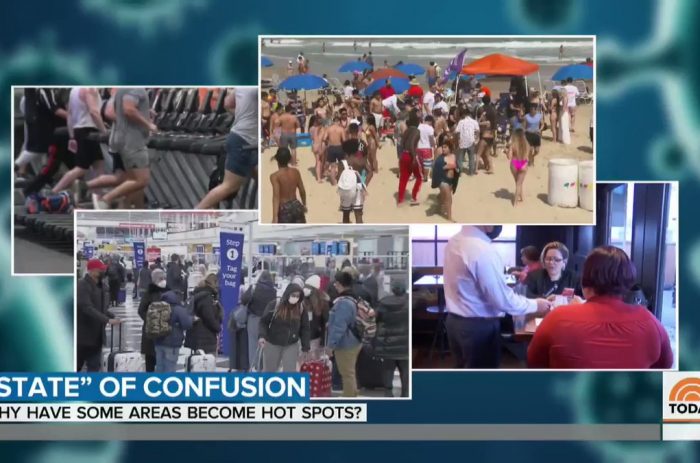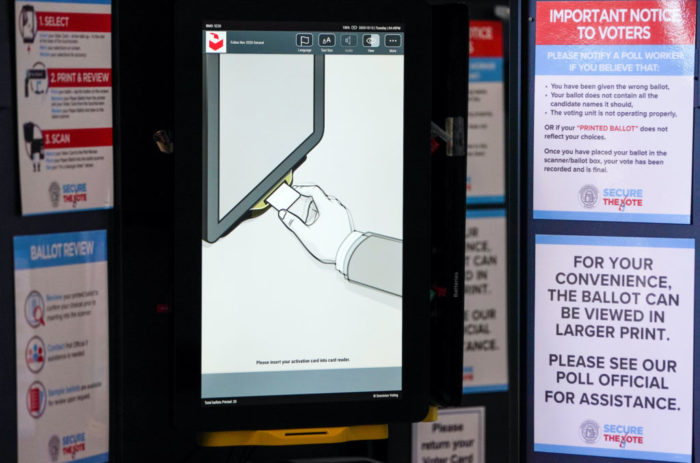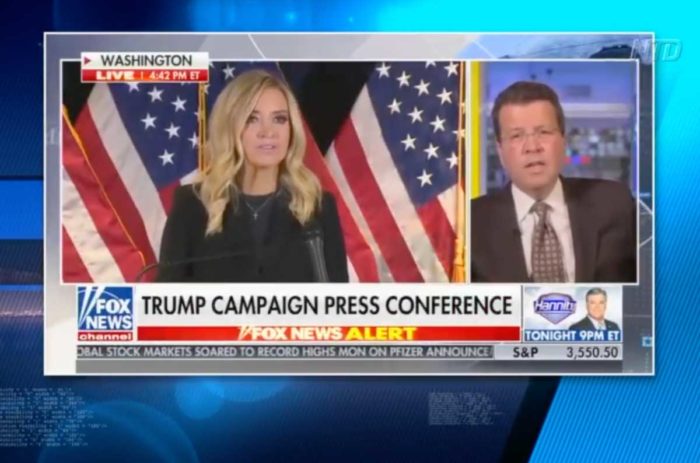redo Jump to...
print Print...
Directions
-Read the excerpt below by Liz Thatcher from MRC's Business and Media Institute.
-Read "Types of Media Bias" in the right column. Then answer the questions.
(Adapted from LIz Thatcher’s mrc.org post on Aug. 27):
With corn crops dwindling, ethanol fuel requirements are poised to push prices even higher, something that ABC, CBS and NBC barely acknowledge.
The severe drought affecting the Midwest this year has caused the latest corn projections to be the lowest since 1995. With such a small corn crop, the government mandates [requirements] that make some of that corn be used for ethanol make even less sense, and will raise prices even further.
The drought has been a big news story for the network morning and evening show in the past six months, earning 55 stories about facets of the drought including struggling farmers, predictions of increased food prices and coverage of wildfires. …
But out of those 55 stories on ABC, CBS and NBC, ethanol made from corn was rarely mentioned — just 13 percent of the time (7 out of 55), and not all of those explained the ethanol mandates. Government mandates for ethanol have been pushing corn (and other grain) prices up for years now. But an explanation of government mandates that require that billions of gallons of corn ethanol be produced each year was very difficult to find on the networks. …
The government requires that 13.2 billion gallons of corn ethanol be produced in 2012 according to the Associated Press.
Although such admissions were hard to find on network news programming, an editorial published on Aug. 6 in The Washington Post acknowledged what a problem the government mandate has been for the price of corn. “Federally supported ethanol is a key factor in the steady rise of corn prices since 2005; this year, with supplies likely to be short due to drought, ethanol’s impact on prices will be magnified.”
Ethanol was blamed for global food riots in 2008, because, as ABC’s David Muir put it: “Many farmers around the world, who once grew wheat and rice, now grow corn and sugar cane instead to produce ethanol, a more lucrative market.” Yet, in the past six months the networks [rarely mentioned] that the ethanol mandates could make corn even more scarce (and therefore expensive) during the current severe drought.
In an exception to most of the drought coverage, ABC reporter Ginger Zee showed just how dramatically the drought could affect prices and even mentioned the government’s part in it on Aug. 10 “World News with Diane Sawyer. Zee noted that “One estimate, an additional $300 to feed a family of four over the next year. That’s 75 bucks for every man, woman, and child. It’s not just food. Its fuel, bio fuels. By law, about 40 percent of the US feed corn is used to make ethanol, making shortages worse.” …
Surprisingly, even the U.N. wants a “temporary” end to the mandate. They released a statement on Aug. 10 calling for the U.S. government to issue an “immediate, temporary suspension” of the ethanol mandate. José Graziano da Silva, the director general of the U.N.’s Food and Agriculture Organization, argued that this mandate will cause the drought to become a food shortage that is avoidable, if only this mandate is suspended.
According to Kenneth Green, a resident scholar and environmental scientist at American Enterprise Institute, it is “universally acknowledged” that ethanol has caused food and gasoline prices to rise. Fox News.com reported that the EPA is being pressured to reconsider the ethanol mandate, because of the drought. As of Aug. 10, 25 U.S. senators from both the Republican and Democrat parties have signed a letter addressed to the EPA asking the agency to reconsider its ethanol mandate. Additionally, 156 bipartisan members of the House of Representatives sent a petition to the EPA on Aug. 1, according to Newsmax.
To accurately identify different types of bias, you should be aware of the issues of the day, and the liberal and conservative perspectives on each issue.
Types of Media Bias:Questions
1. Have you seen/read any news stories that explained how the government’s mandate (requirement) for ethanol production causes corn (food) shortages?
2. Is the media responsible to inform voters how the ethanol mandate hurts Americans (as well as poor people around the world)l, especially during periods of drought? Explain your answer.
3. Do you think this excerpt demonstrates media bias? If no, why? If so, what type?
Scroll down to the bottom of the page for the answers.
Answers
1. Answers vary.
2. Opinion question. Answers vary.
3. If no, answers vary. If yes, bias by omission, story selection, possibly spin, depending on the news report(s).



